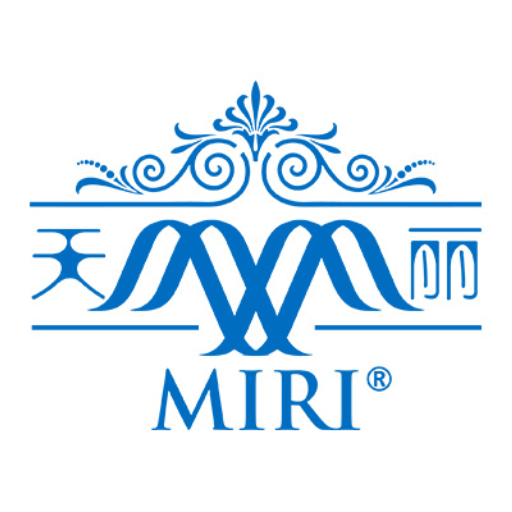Collagen for Women: Enhancing Skin, Hair, Nails, and Menopause Wellness
Collagen is the most abundant protein in the human body, forming the foundation of skin, bones, tendons, and ligaments. For women, especially those navigating life stages like menopause, collagen plays a vital role in maintaining vitality and beauty. As we age, natural collagen production declines, leading to visible changes in skin elasticity, hair strength, and nail health. Understanding how to support collagen levels can empower women to make informed choices for long-term wellness.
The Science of Collagen and Its Importance for Women’s Health
Collagen makes up about 30% of the body’s total protein content and is essential for structural integrity. There are 28 types of collagen, but types I, II, and III are most relevant for women. Type I collagen dominates in skin, bones, and tendons, providing firmness and strength. Type II supports joint health, which becomes increasingly important during menopause when estrogen levels drop, potentially leading to joint discomfort. Type III aids in skin, muscles, and blood vessels, contributing to overall resilience.
During perimenopause and menopause, hormonal shifts accelerate collagen loss, with studies showing up to 30% reduction in the first five years post-menopause. This decline affects not just appearance but also mobility and confidence. Incorporating collagen-rich strategies can help counteract these effects, supporting everything from radiant skin to stronger nails.
Collagen’s Role in Skin Elasticity and Anti-Aging
Skin health is a primary concern for many women, and collagen is key to its elasticity and hydration. As collagen fibers weaken, fine lines, wrinkles, and sagging appear. Supplements and dietary sources can replenish these levels, promoting smoother, more supple skin. For instance, marine or bovine collagen peptides have been shown in research to improve skin hydration and reduce wrinkle depth after consistent use.
Beyond topical creams, internal support through nutrition enhances results. Foods like bone broth, citrus fruits (rich in vitamin C for collagen synthesis), and berries provide building blocks. Women interested in targeted support might explore Miri Collagen Protein, which boosts skin elasticity and reduces signs of aging while addressing acne and eczema concerns.
Strengthening Hair and Nails with Collagen
Hair thinning and brittle nails are common complaints, particularly during hormonal transitions. Collagen provides amino acids like proline and glycine, crucial for keratin production—the protein that forms hair and nails. Regular collagen intake can lead to thicker hair shafts and more resilient nails, reducing breakage and promoting growth.
For women dealing with postpartum hair loss or menopausal changes, collagen acts as a natural ally. Combine it with a balanced diet including eggs, nuts, and leafy greens for optimal results. This holistic approach not only strengthens but also enhances the overall luster of hair and shine of nails.
Collagen and Menopause: Joint Support and Hormonal Balance
Menopause brings challenges like joint pain and reduced bone density due to declining estrogen, which influences collagen production. Collagen supplements, particularly type II, support cartilage health, easing aches and improving mobility. This is especially beneficial for women experiencing symptoms discussed in our previous post on Menopause and Joint Health: Strategies for Relieving Aches and Maintaining Mobility.
Additionally, collagen may aid hormonal balance by supporting gut health, where much of estrogen is metabolized. Pairing collagen with menopause-specific supplements can amplify benefits. Consider Miri Feminine Essence for complementary hormone support and breast firmness during this phase.
Natural Ways to Boost Collagen Production
While supplements are effective, lifestyle factors enhance collagen synthesis. Protect skin from UV damage with sunscreen, as sun exposure breaks down collagen. Stay hydrated and incorporate antioxidant-rich foods like tomatoes and green tea to combat free radicals. Exercise, particularly strength training, stimulates collagen production in tendons and ligaments.
Avoid smoking and excessive sugar, which trigger glycation—a process that stiffens collagen fibers. For deeper insights into bone health, refer to Menopause and Bone Health: Protecting Your Skeleton During Hormonal Changes, where collagen’s role in skeletal strength is explored.
Choosing the Right Collagen Supplement
Not all collagen products are equal. Look for hydrolyzed collagen peptides for better absorption, and opt for sources aligned with your needs—marine for skin, bovine for joints. Start with 2.5–15 grams daily, consulting a healthcare provider, especially if you have allergies or conditions.
Incorporate collagen into smoothies, coffee, or soups for ease. Track improvements in skin texture, hair vitality, and joint comfort over 8–12 weeks. For women in midlife, combining collagen with other nutrients like vitamin C maximizes efficacy.
Conclusion: Embrace Collagen for Lifelong Vitality
Collagen is more than a beauty buzzword—it’s a cornerstone of women’s health across ages. By prioritizing collagen through diet, supplements, and habits, women can nurture skin, hair, nails, and joints while navigating menopause with grace. Empower yourself with knowledge and natural support to thrive at every stage.
